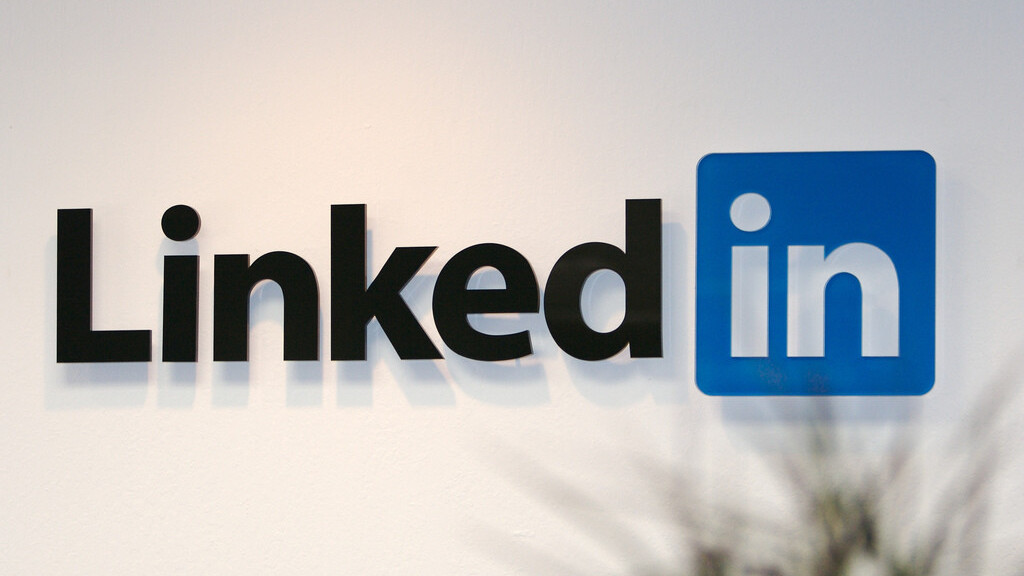
Update: How LinkedIn betrayed 5-man startup Pealk, and why developers should be concerned
Just weeks after a major data concern saw 6.5 million users’ passwords snatched from its system, professional social network LinkedIn has hinted at a new no-nonsense approach to security as it moved to safeguard member data by cutting API access for headhunting app Pealk.
The 2011-founded French startup uses LinkedIn’s data to power its service — which it says is the number one headhunting app, and used by “thousands” — but it is “surprised” by the move, which will see its access to the LinkedIn firehose end next Tuesday, June 26, effectively killing the app – as it requires the data to be of use.
In correspondence sent to The Next Web, which is also posted to the company’s website, co-founder Boris Golden said the decision goes against the principals of inviting third-parties to utilize the API.
It is true that we are extremely surprised by LinkedIn’s decision, since such conclusion contradicts LinkedIn’s statement to open their platform to outside innovation through their API. Given Pealk’s recent success, we believe that this decision also goes against the interests of number of LinkedIn members lacking a productivity tool to search, sort and engage professionals on LinkedIn.
Before you start sensing that ‘Big Bad’ LinkedIn is up to not good, it is worth noting that the company says that Pealk is losing its access due to a “clear violation” of its T&Cs, as its official statement reads:
We have an ecosystem of 60,000 developers who access the LinkedIn platform everyday as part of our open developer program. We regularly monitor the developers of this program to ensure they are following our terms of use. In this case, this developer is in clear violation of LinkedIn’s terms of use and is abusing the guidelines we’ve put in place to protect our members’ data. They were notified in advance of this shut off, but have still not complied with our terms of service.
At this stage it isn’t clear exactly how Pealk has violated its terms, as a LinkedIn spokesperson declined to go into specific details on the matter, although they did stress that the move was made out of protection for user data.
While it is great to see LinkedIn make firm moves to safeguard data, particularly in light of recent issues, a number of questions still remain.
Most notably, why Pealk isn’t conforming. The firm says it is “surprised” by the decision, despite LinkedIn’s claim that it gave the company an opportunity to conform to its requirements, and thus save the service from death.
It seems strange that a startup would obstinately refuse to conform to requirements in order to exist, and thus effectively kill itself but not adapting, but that appears to the message that LinkedIn is telling us.
Interestingly (and perhaps also significantly) the last user that Pealk signed up before getting news of its cut off was a LinkedIn employee, though it seems most likely this was done to test the service and ascertain if it operating in breach of LinkedIn’s terms:
Wait… the last user who signed up to Pealk is a guy from… LinkedIn. Funny :-) They use the tools that they forbid! LOL.
— Pealk (@Pealk_) June 22, 2012
There is, of course, the issue of competition. Pealk rivals LinkedIn’s premium services, which allow recruiters and firms to search its users for headhunting, so the move to kill off the app will — deliberately or otherwise — protect these paid-for service from a free alternative.
We’ve reached to Pealk for further clarification as we look to get a fuller picture of the situation.
LinkedIn is facing a $5 million lawsuit following the password issues earlier this month, so it could well be that the company is adopting a new no-risk strategy, and Pealk is the first to suffer. We’ll be keeping our eyes out for similar scenarios which might indicate a change in approach.
Read our latest post on the issue for more details: How LinkedIn betrayed 5-man startup Pealk, and why developers should be concerned
Image via Flickr / Mario Sundar
Get the TNW newsletter
Get the most important tech news in your inbox each week.




